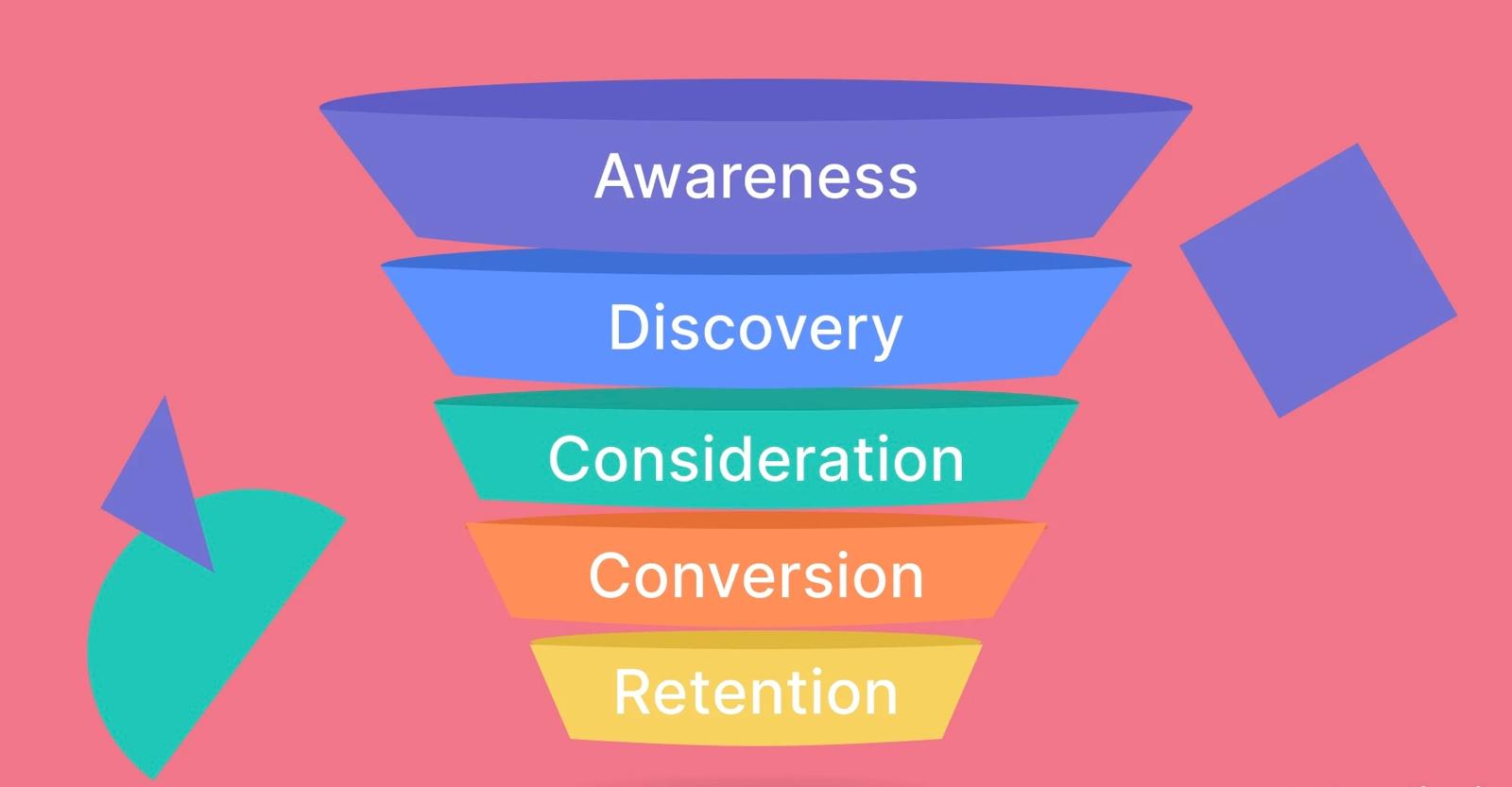 Image Source: Landingi
Image Source: Landingi
The digital marketing funnel is a strategic framework that guides businesses in converting prospective visitors into faithful customers by addressing their needs and behaviors at each stage of their journey. It mirrors the psychological and practical steps consumers take—from becoming aware of a brand to making a purchase and eventually advocating for it. Mastering each stage helps marketers deliver the right message at the right time, increasing conversions and fostering brand loyalty.
Key Highlights: What Is a Digital Marketing Funnel?
A digital marketing funnel maps out the sequential stages potential customers pass through as they interact with a brand online. It visualizes the customer’s journey from initial discovery to eventual conversion and retention, helping businesses tailor marketing efforts effectively. Stages vary slightly among different models, but fundamentally, the funnel comprises:
Awareness (or Discovery): The consumer first learns about your brand or product, often without a clear intent to purchase. Marketing efforts focus on capturing attention and visibility through channels like social media, search engines, ads, and engaging content.
Interest (or Discovery/Engagement): Now aware, the consumer seeks more information and engages with your brand. They may browse blog posts, download resources, or explore your website to better understand your offerings.
Consideration (or Appraisal/Evaluation): At this stage, prospects actively evaluate your product or service against competitors. They look for detailed information, reviews, testimonials, case studies, or free trials to build trust and assess value.
Conversion (or Decision/Purchase): The consumer makes a purchase decision, completing the transaction or becoming a qualified lead for further engagement. Optimized landing pages, clear calls to action, and seamless checkout processes are crucial here.
Retention (or Loyalty): After purchase, the focus shifts to nurturing the customer to encourage repeat business, referrals, and brand advocacy through loyalty programs, personalized communication, and excellent customer service.
Stages and Examples in Detail
Awareness Stage: Businesses use SEO, PPC ads, social media campaigns, influencer collaborations, and content marketing to put their brand in front of relevant audiences. For example, a fitness apparel brand might run Facebook ads showcasing new seasonal lines to people interested in sportswear.
Interest Stage: Offering lead magnets like ebooks, webinars, or newsletters engages prospects deeper. A software company might provide a free guide on productivity tips to encourage email sign-ups and raise interest.
Consideration Stage: Prospects seek product demos, comparisons, or customer testimonials. For instance, an electronics retailer may showcase video demos and customer reviews to help buyers decide between different models.
Conversion Stage: Providing limited-time offers, simplified checkout, multiple payment options, and live chat support helps close sales. An e-commerce store might implement a flash sale or coupon code to spur purchases.
Retention Stage: Successful brands send personalized follow-ups, loyalty rewards, and newsletters with exclusive deals. Many subscription services use email automation to remind customers about renewals and new features.
Importance of the Digital Marketing Funnel
Strategic Messaging: The funnel ensures that content and ads resonate with potential customers’ current mindset, making marketing more relevant and effective.
Resource Optimization: Allocating marketing budgets based on funnel stages maximizes ROI by focusing on nurturing leads through targeted actions.
Improved Conversion Rates: Understanding and optimizing each stage reduces drop-offs, turning more prospects into paying customers.
Customer Loyalty and Advocacy: Retention efforts decrease churn and encourage customers to promote your brand, expanding reach organically.
Data-Driven Decision Making: Funnel analysis provides insight into bottlenecks and success points, guiding continuous marketing improvements.
Practical Tips to Leverage the Funnel
Develop detailed buyer personas to target each funnel stage accurately.
Use analytics tools to track visitor behavior and stage progression.
Craft tailored content such as blogs for awareness, FAQs for consideration, and demos for conversion.
Implement retargeting ads to bring interest-stage visitors back.
Invest in CRM and automated email workflows to nurture leads and customers.
Regularly test and optimize landing pages and sales processes for smooth conversions.
Conclusion
The digital marketing funnel remains an indispensable model for businesses aiming to connect meaningfully with consumers in today’s dynamic online landscape. By comprehensively understanding and addressing the awareness, interest, consideration, conversion, and retention stages, marketers can build a seamless journey that transforms casual visitors into devoted brand advocates. This strategic approach not only drives sales but also strengthens long-term customer relationships critical for sustainable growth.
Sources: FirstPageSage, Landingi.com
Advertisement
Advertisement



